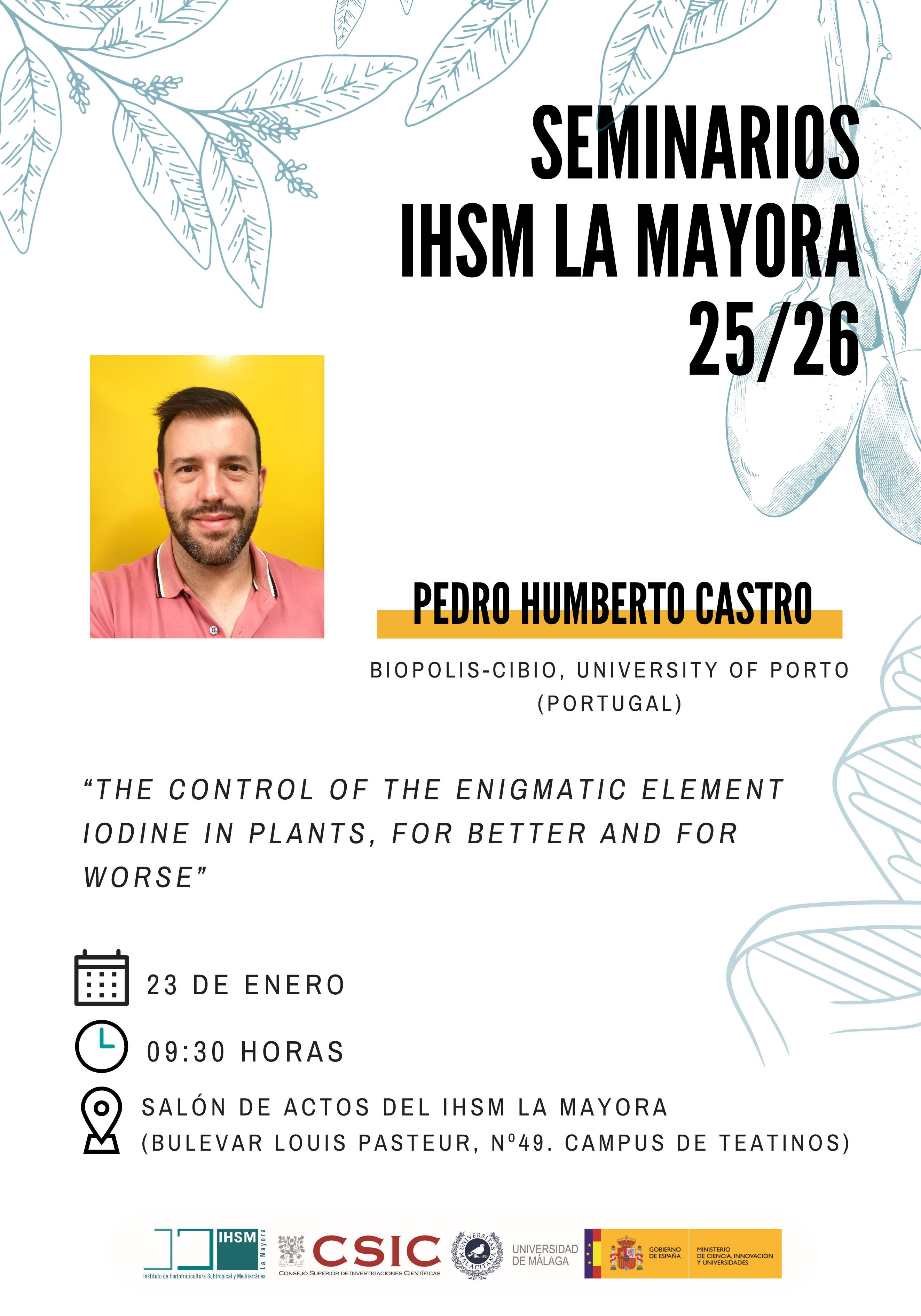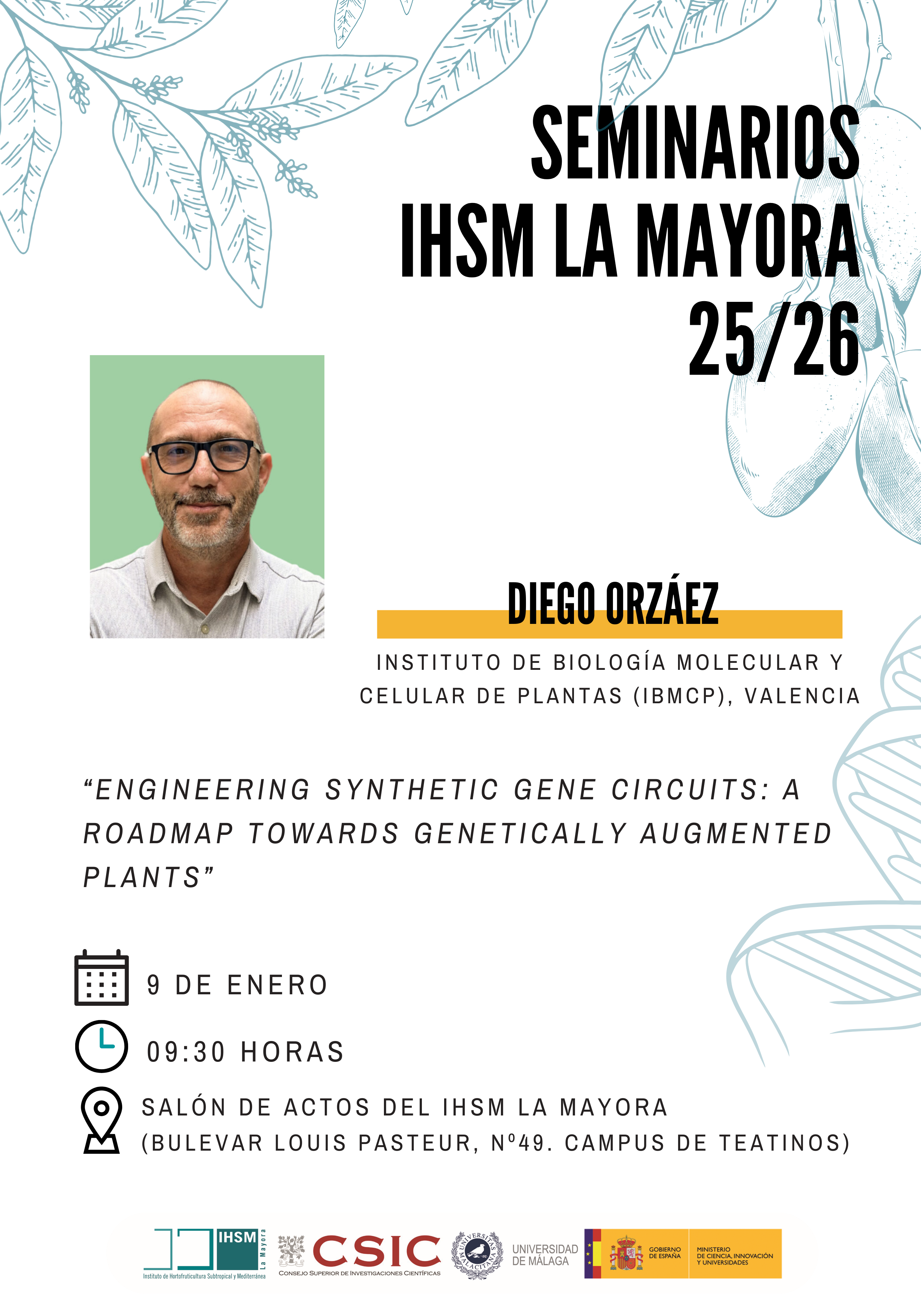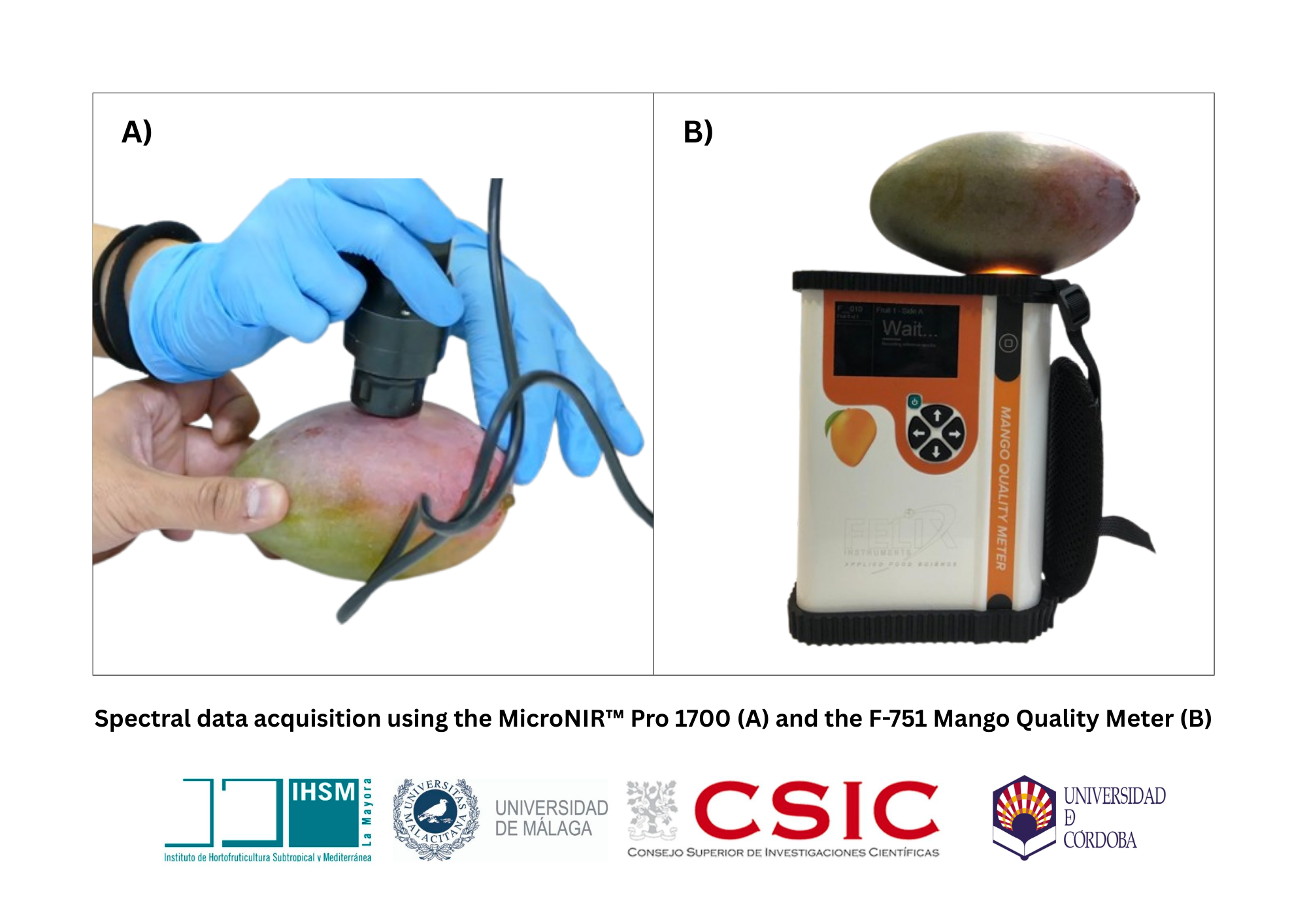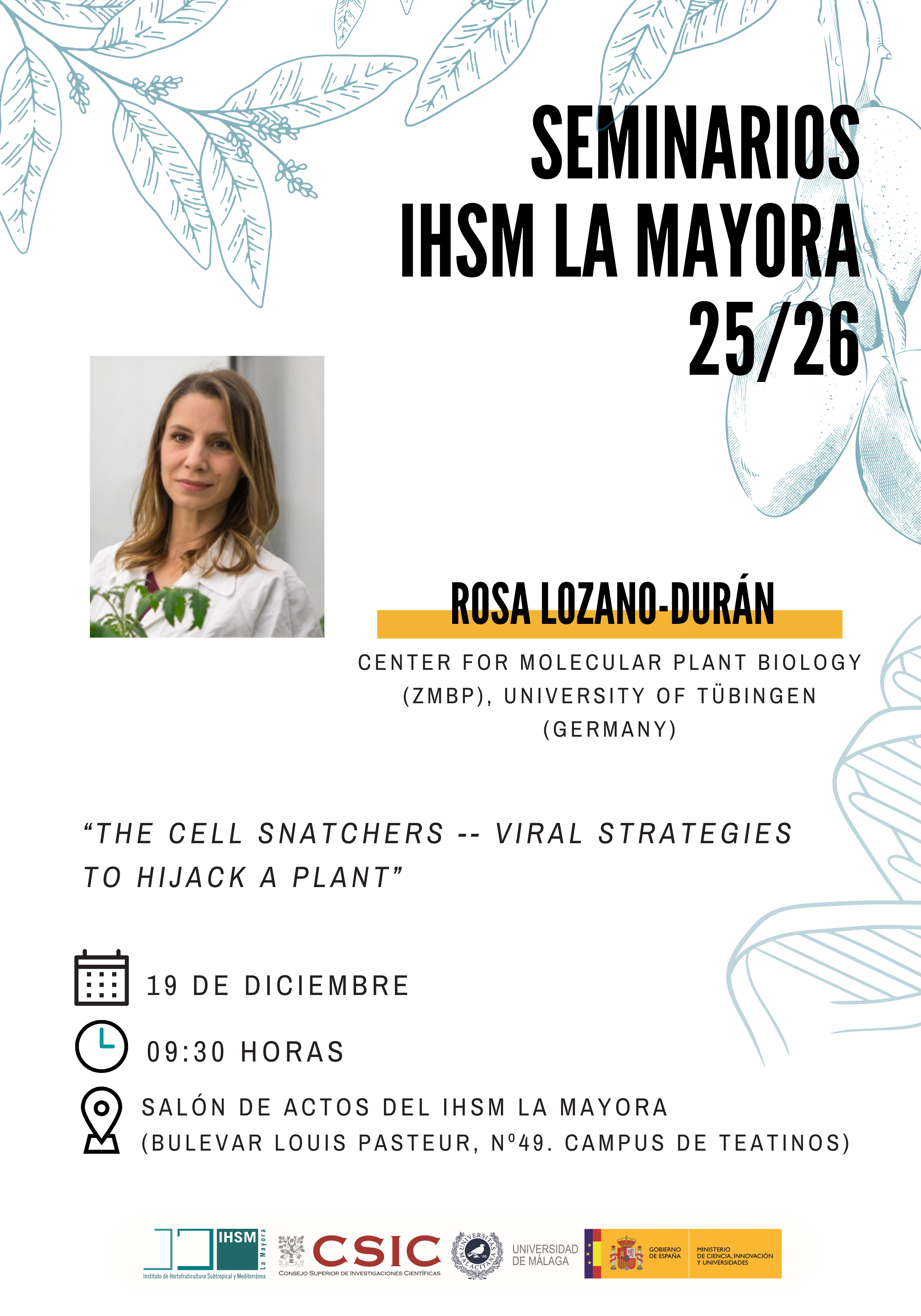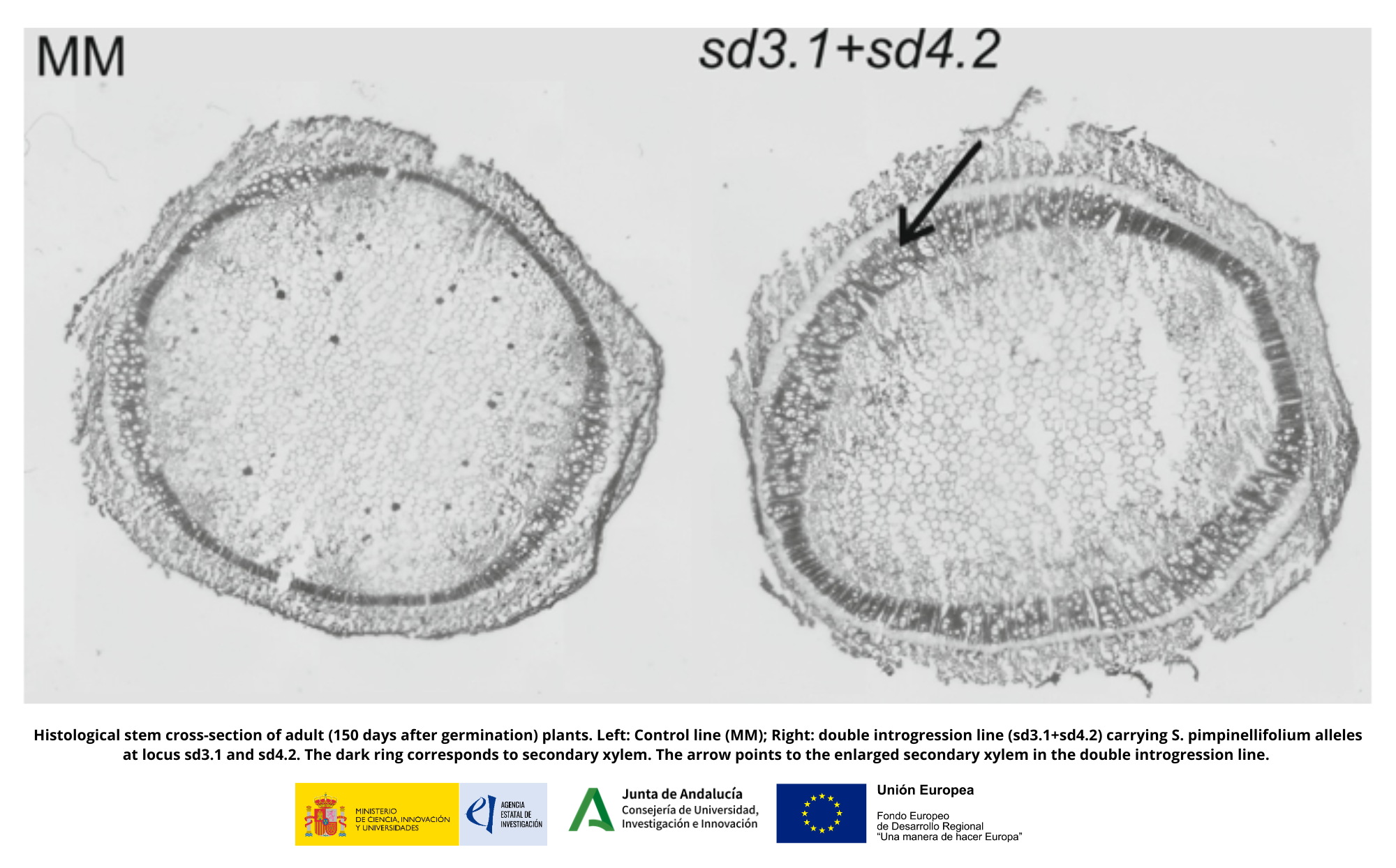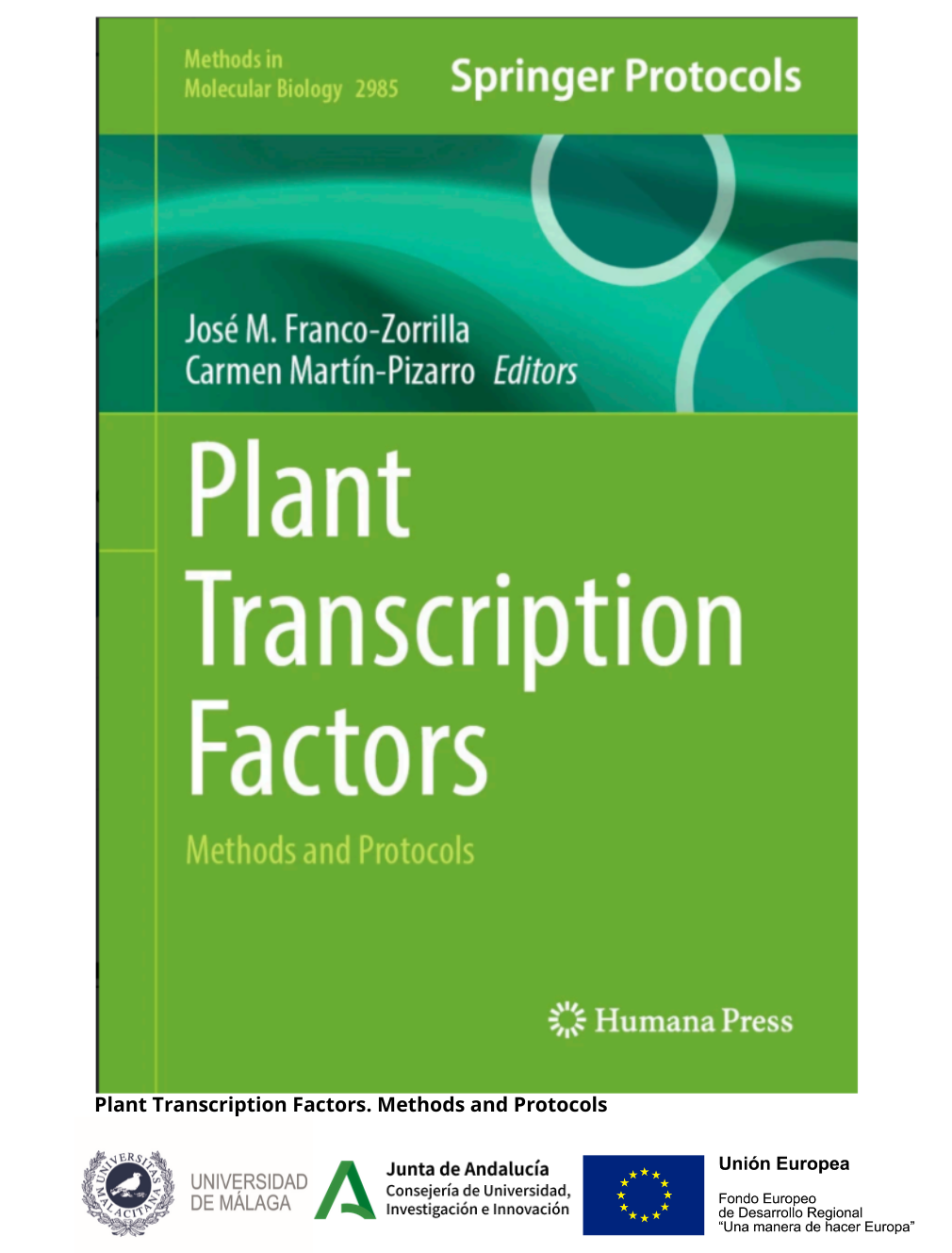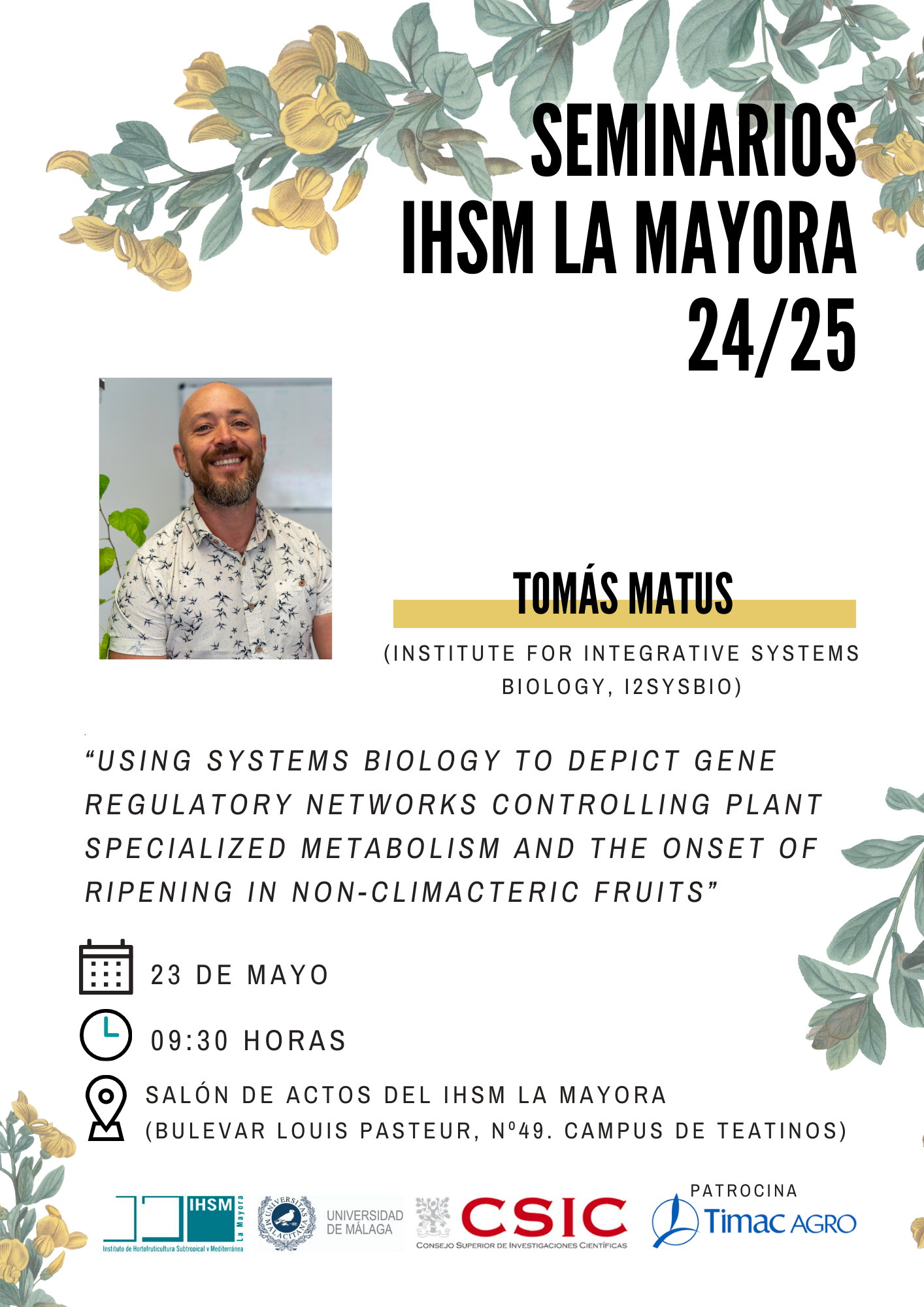
Seminarios IHSM La Mayora - Tomás Matus (Institute for Integrative Systems Biology, I2SysBio)
Understanding how fruits ripen and accumulate metabolites in their tissues holds enormous potential for the agro-industrial and pharmaceutical sectors, enabling the development of healthier foods and plant-based medicines. Studying transcription factors (TFs) in unconventional plants such as grapevine presents a scientific challenge but offers immediate applicability, as specialized metabolism and developmental programs like ripening are tightly regulated by spatiotemporal constraints. Understanding these constraints and finding ways to bypass them is one of the key biotechnological interests in this field. In our research group, we focus on the transcriptional regulation of ripening and secondary metabolism. Our goal is to characterize transcription factor families and gene regulatory networks (GRNs) that control these metabolic processes. In particular, we highlight how DNA Affinity Purification followed by Sequencing (DAP-seq)—a high-throughput method for TF binding site discovery that interrogates genomic DNA with in vitro expressed TFs—provides a scalable alternative for characterizing TFs in grapevine, a species where genetic transformation is challenging. This approach allows for the rapid and cost-effective interrogation of a large number of regulators. We demonstrate how integrating DAP-seq with gene co-expression networks enables the precise inference of GRNs. Finally, we present various omics exploratory tools developed for different plant communities, including DAP-seq browsers and gene co-expression networks, facilitating broader access to regulatory data and enhancing functional genomics research in plants.

